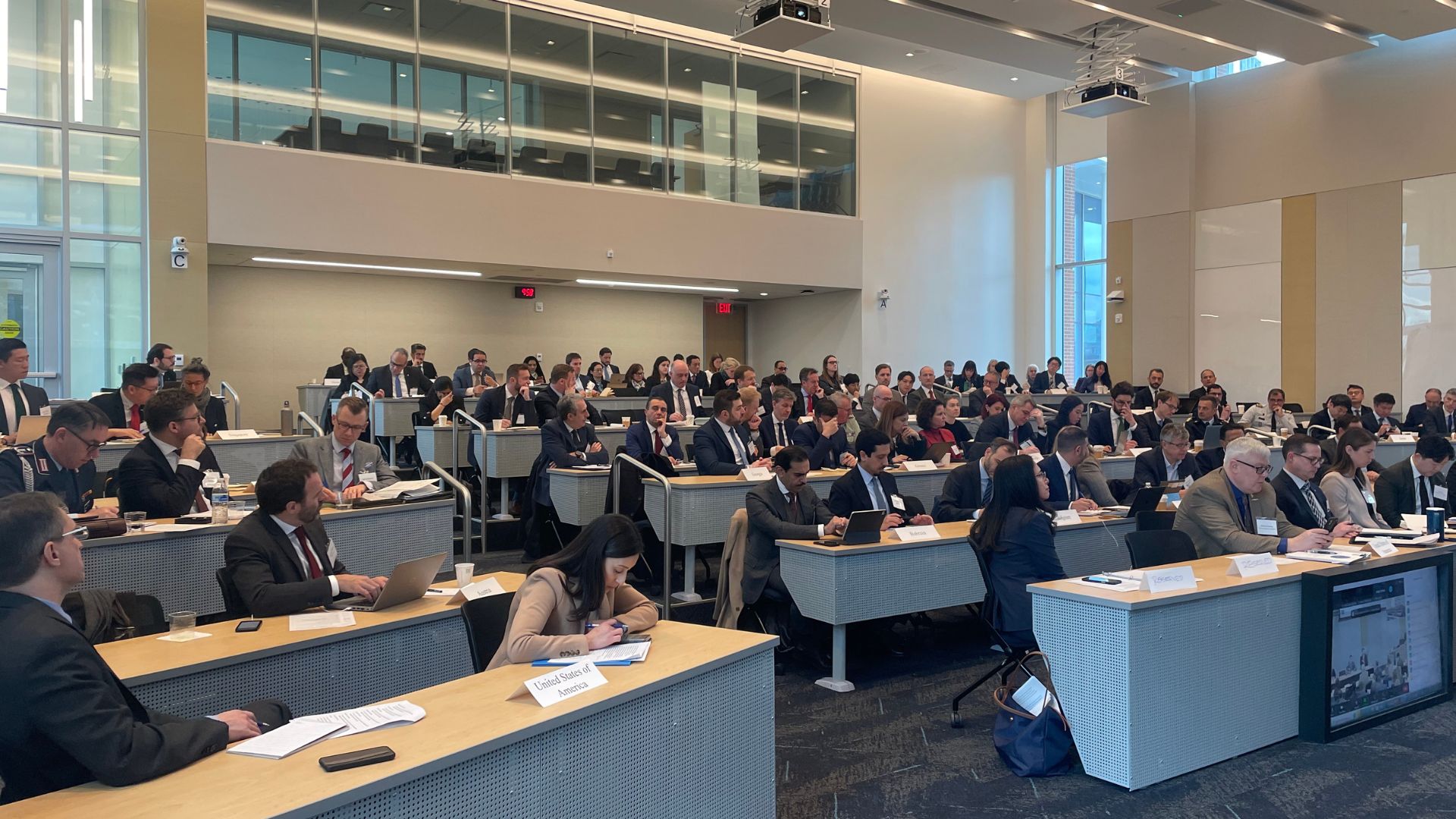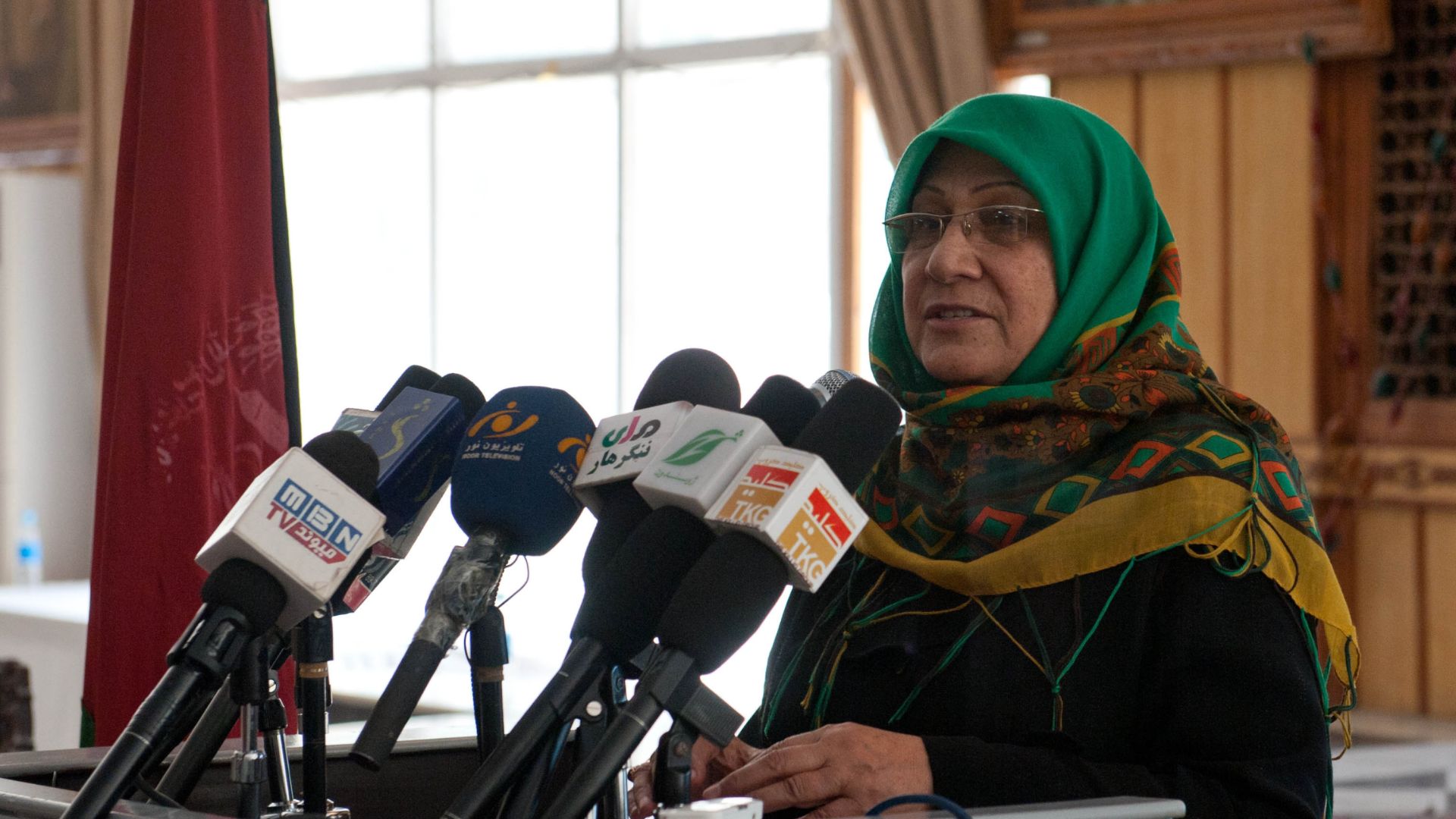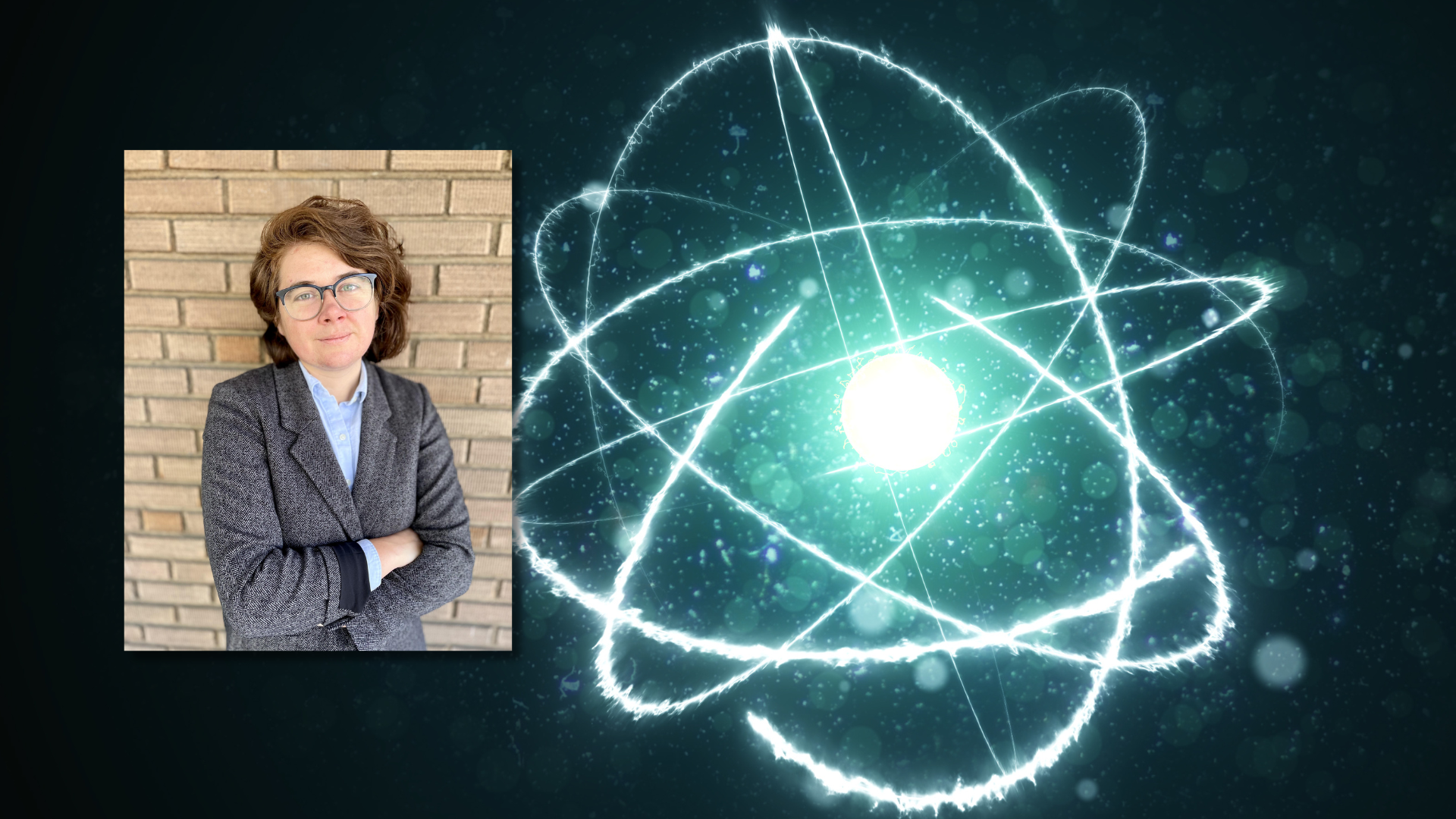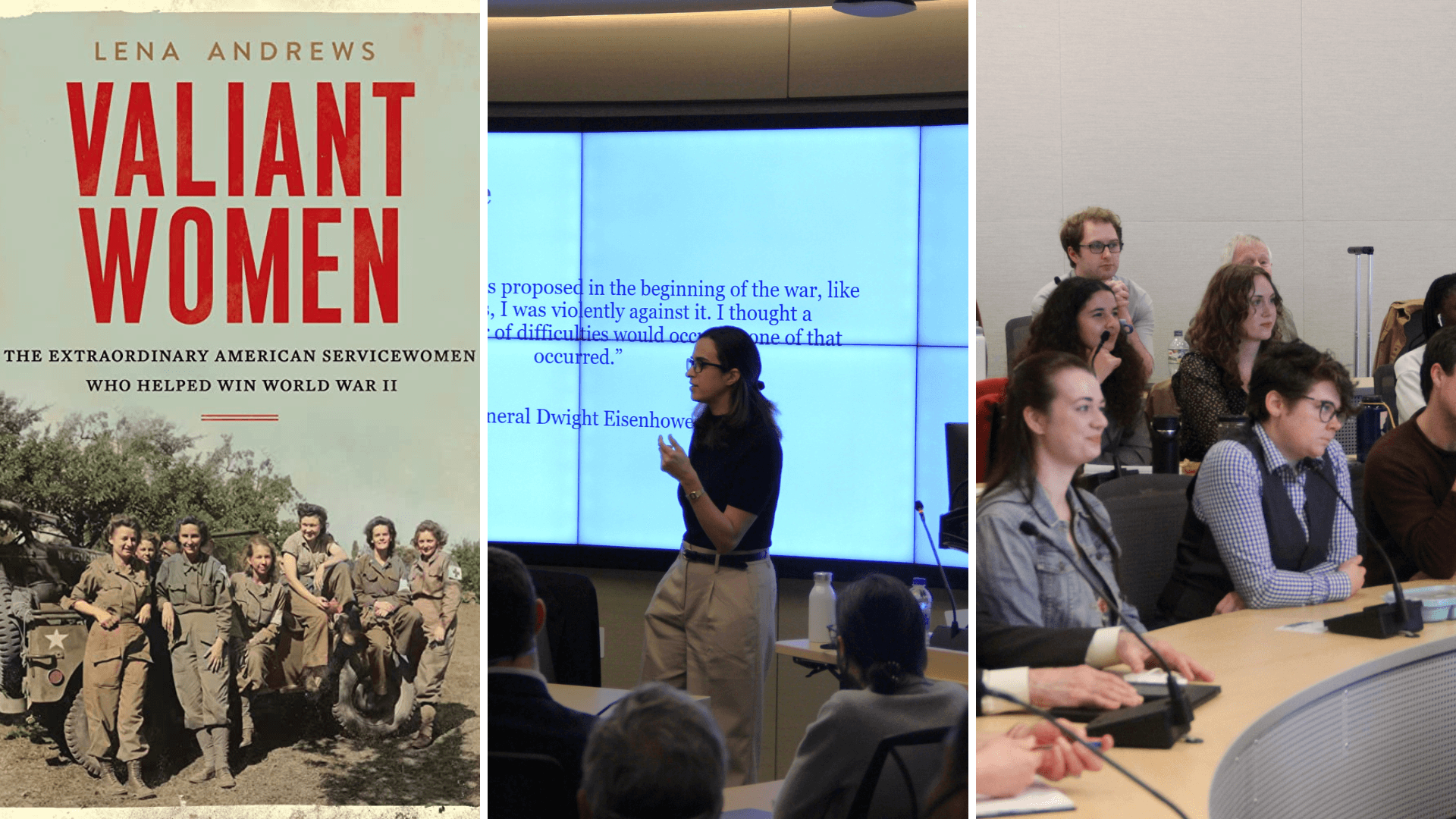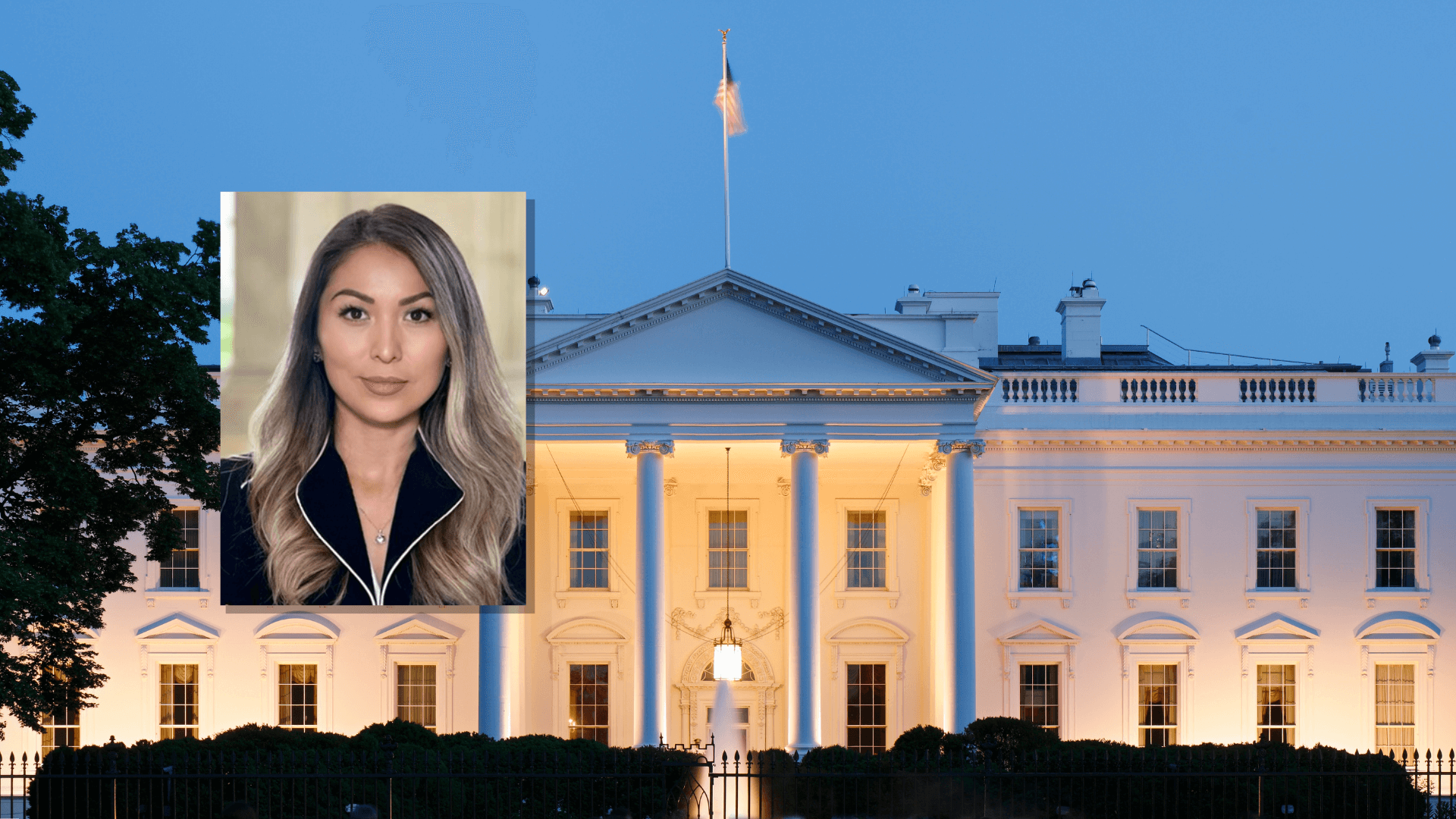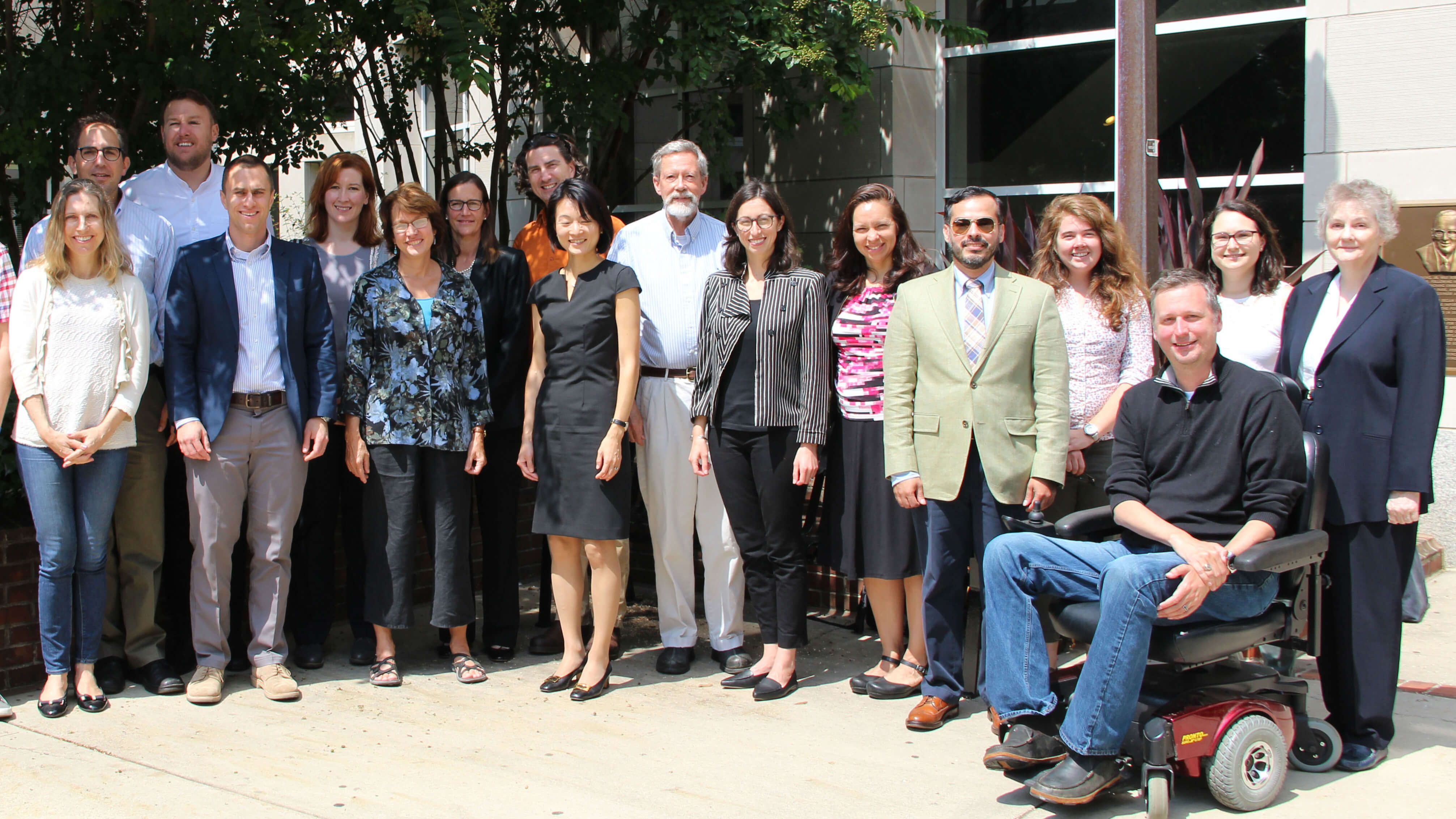Dr. Nancy W. Gallagher is the Director of the Center for International and Security Studies at Maryland (CISSM) and a Research Professor in the School of Public Policy. Current research includes a book project on Strategic Logics for Arms Control; initiatives to enhance cybersecurity; and strategies to reduce nuclear risks, enhance space security and govern emerging technologies.
Gallagher is the author of The Politics of Verification (1999) and the editor of Arms Control: New Approaches to Theory and Policy (1998). She has co-authored five monographs: The Desirability and Feasibility of Strategic Trade Controls on Emerging Technologies (2023); Minimizing the Negative Effects of Advances in Military-Relevant Space Capabilities on Strategic Stability (2023); Comprehensive Nuclear Material Accounting (2014); Reconsidering the Rules for Space Security (2008); and Controlling Dangerous Pathogens (2007). Since 2014, Gallagher and colleagues have surveyed Iranian public opinion on nuclear policy, domestic politics and regional security. She has also written numerous governmental reports, policy articles and op eds.
Gallagher won UMD's 2015 Research Communication Impact Award; the Outstanding Invention of 2016 award for her development, with Charles Harry, of a cybersecurity risk analysis framework. She also received the 2021 Provost's award for excellence in research by a professional track faculty member.
Gallagher served as the executive director of the Clinton administration's Comprehensive Test Ban Treaty Task Force and worked with the Special Advisor to the President and the Secretary of State to build bipartisan support for ratification. Gallagher worked at the State Department, the Arms Control and Disarmament Agency and Wesleyan University.
- International security; arms control & nonproliferation; nuclear policy; cybersecurity; space security
Reviews the principal features of international security as currently practiced. Traces the evolution of contemporary policy beginning with the initiation of nuclear weapons programs during World War II. Particular emphasis is given to experience of the United States and Russia, since the historical interaction between these two countries has disproportionately affected the international security conditions that all other countries now experience. Restricted to students in a major in PLCY.
Schedule of Classes
Permission required.
Schedule of Classes
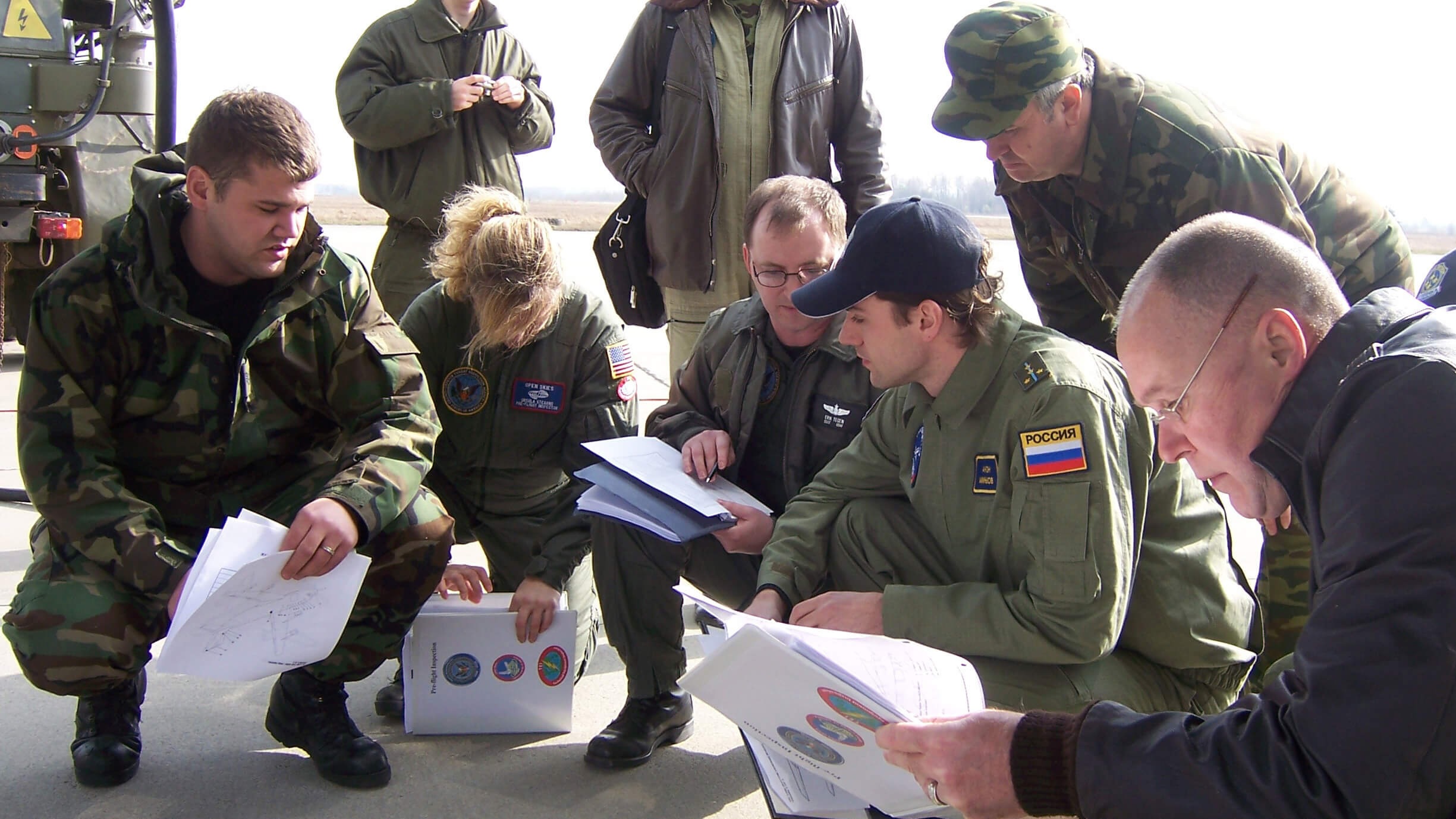
How can the United States and Russia build a more constructive, cooperative international security relationship?
Learn More about US-Russian Security Relations
Achieving nuclear security requires fundamental changes in international relationships, the reduction of risks associated with nuclear weapons programs, and new systems to manage and secure civilian nuclear materials and facilities.
Learn More about Nuclear Past, Present and Future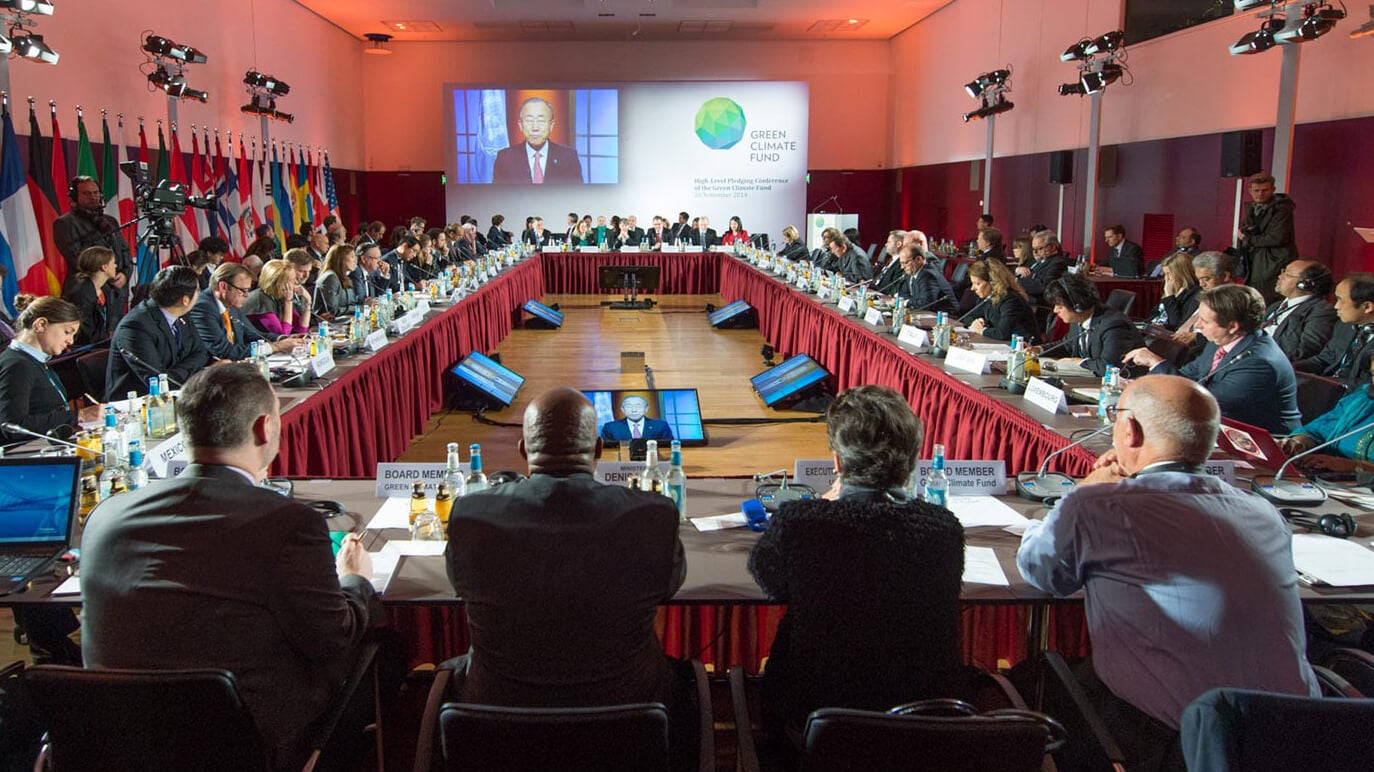
How do multi-stakeholder governance initiatives form? What drives or impedes cross-sector cooperation? And when are multi-stakeholder approaches most effective?
Learn More about Exploring Multi-Stakeholder Governance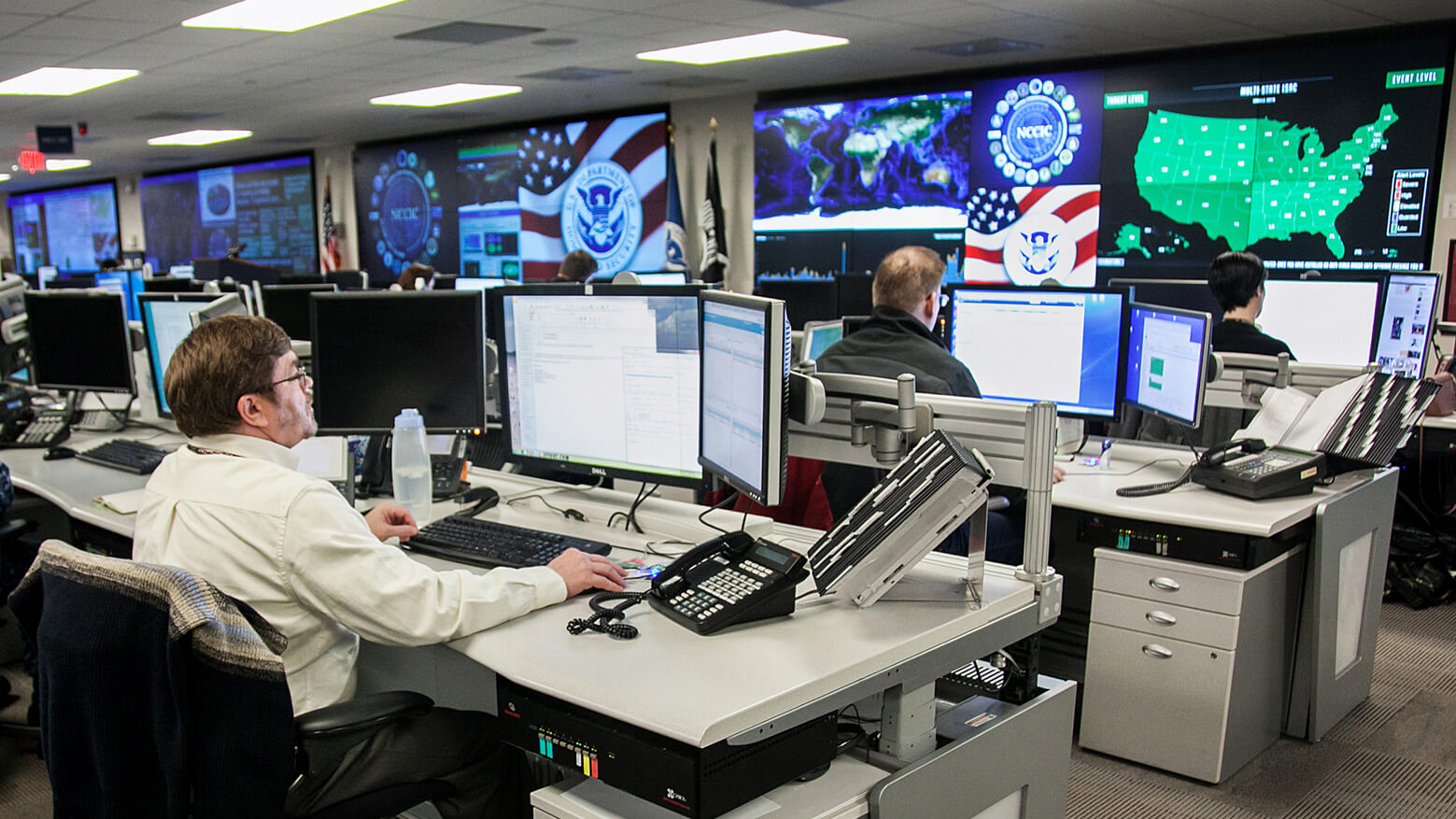
Minimizing the most serious forms of cyber attack, espionage, and crime without hindering beneficial uses of information technology requires skillful multi-stakeholder governance.
Learn More about A Holistic Approach to Cybersecurity Risk Management
Technological and geopolitical developments underscore the need to balance a desire to preserve complete freedom of action and widely accepted governing rules as the basis for space operations.
Learn More about Re-evaluating Space Security
In today’s security environment, civil conflicts, mass migration, climate change, epidemics, and other emergent phenomena create multiple, often overlapping, instabilities that exacerbate human insecurity.
Learn More about Human Security
Improving U.S. and European security policy making toward Iran requires increasing public and official understanding of the concerns and perspectives of Iran’s leaders and citizens.
Learn More about Security Cooperation with Iran: Challenges and Opportunities
Even in non-democracies, public attitudes matter. So what does the public think?
Learn More about Public Opinion on International Policies
The increasing integration of technology into the complex human processes they support poses a growing challenge to policy makers. While governments have increasingly focused on the range of strategic impacts cyber-attacks can generate, including significant disruptions to critical infrastructure, policy makers have struggled with ways to quantify risk these systems generate. This challenge arises in part by the inability to assess strategic impact across many independent but related organizations that support critical public services, as well as data to address the likelihood these events might occur.
Learn More about Identification and Management of Cyber Risk in Complex Organizations and Critical InfrastructureSchool Authors: Nancy Gallagher, Clay Ramsay, Ebrahim Mohseni
School Authors: Nancy Gallagher, Ebrahim Mohseni, Clay Ramsay
School Authors: Nancy Gallagher, Clay Ramsay, Ebrahim Mohseni
School Authors: Nancy Gallagher, Jaganath Sankaran
School Authors: Nancy Gallagher, Lindsay Rand, Devin Entrikin, Naoko Aoki
School Authors: Charles Harry, Nancy Gallagher
School Authors: Nancy Gallagher
Other Authors: Nancy Gallagher
School Authors: Nancy Gallagher, Ebrahim Mohseni, Clay Ramsay
Other Authors: Nancy Gallagher, Ebrahim Mohseni, Clay Ramsay
School Authors: Nancy Gallagher
Other Authors: Nancy Gallagher
School Authors: Nancy Gallagher, Clay Ramsay, Ebrahim Mohseni
Other Authors: Nancy Gallagher, Clay Ramsay, Ebrahim Mohseni
School Authors: Nancy Gallagher, Steven Kull
Other Authors: Nancy Gallagher, Steven Kull
School Authors: Nancy Gallagher
Other Authors: Nancy Gallagher
School Authors: Nancy Gallagher
School Authors: Nancy Gallagher, Ebrahim Mohseni, Clay Ramsay
School Authors: Nancy Gallagher, Ebrahim Mohseni, Clay Ramsay
Other Authors: Nancy Gallagher, Ebrahim Mohseni, Clay Ramsay
School Authors: Nancy Gallagher, Clay Ramsay, Ebrahim Mohseni
School Authors: Nancy Gallagher, Clay Ramsay, Ebrahim Mohseni
School Authors: Nancy Gallagher
Other Authors: Timothy P. McDonnell, Joshua Rovner
School Authors: Nancy Gallagher
Other Authors: Nancy Gallagher
School Authors: Nancy Gallagher, Charles Harry
Other Authors: Jor-shan Choi, Nancy Gallagher, Charles Harry







